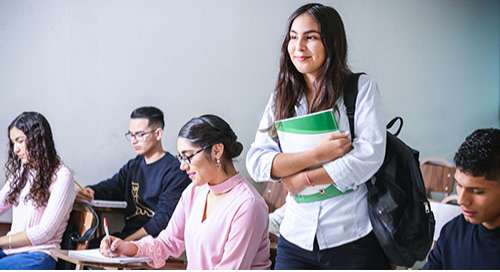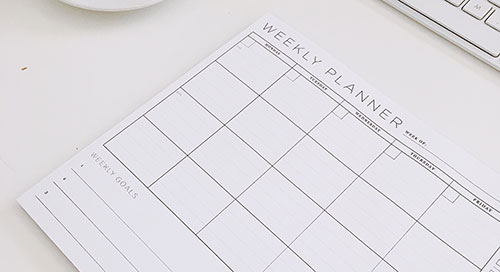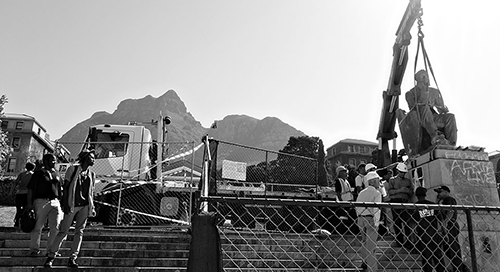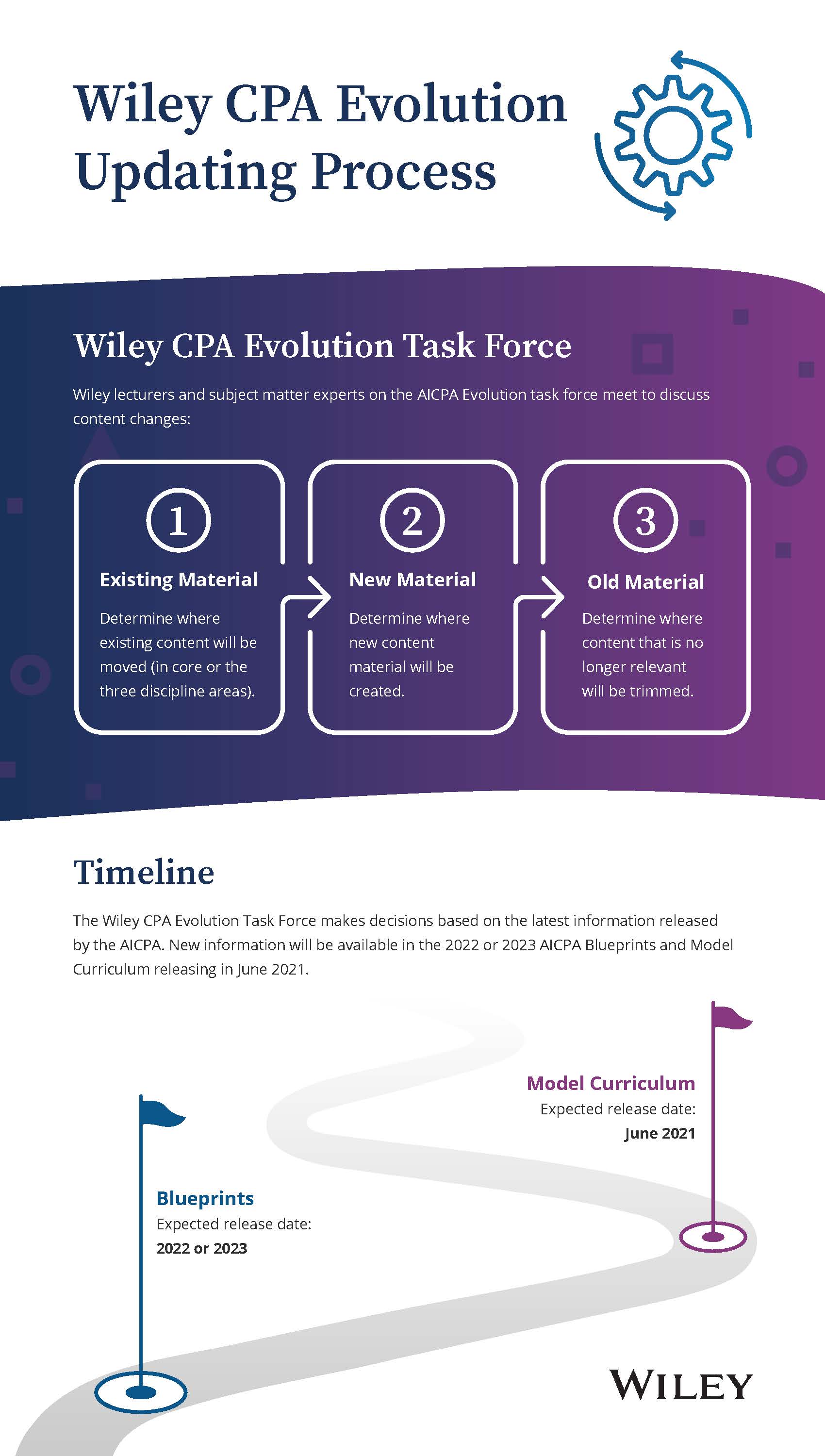14-pieces-of-advice-for-new-educators
We asked educators the following question: What was the best lesson you learned early on in your teaching career? Here are their answers.
Do not try to impress your students with the depth and breadth of your knowledge of the subject matter that you are teaching. Concentrate on teaching the most important things well, rather than attempting to cover everything that could come up for a particular topic. It is much more important in accounting to have them understand well the most common method rather than to teach them three or four methods of doing something, and [have them] not comprehend any of them. —Reb Beatty, CPA, CFE, CGMA, Anne Arundel Community College
I realized that I did not know enough. When students asked questions, I learned I needed to learn more. And deeper, and [from] many different approaches. What I learned in college was "stuff" but what I was asked by students were "wonder" questions. Now I like to focus on asking students "what are you wondering" or other questions like that. —Joe Vignolini, Flint Hill School
Be flexible. There are a ton of curveballs that you have to be able to react to. —Steve LaMore, Lorain County Community College
It was adjusting to the class. I mean you need to spend some time to understand the students’ capabilities and their background knowledge, then teach accordingly. —Chathuranga Vidanage, Texas Tech University
Students can see when you care. —Amy Kwan, University of Toronto
Confidence! The students can sniff you out—fake it till you make it if you have to. —Elizabeth Stelley, Richland College
You should not believe they will prepare for a class, even when you ask them to read or do an assignment before the next class. Also, do not assume students will look at a syllabus or an exam schedule. —Pam Graybeal, University of Central Florida
Never assume that the students know the stuff I think they should know. —Wafaa Khattou, Valencia College-West
Learn to evolve; the teacher you are on day 1 is slightly different from the one you’ll be on day 100 and drastically different on day 10,000. Don't be afraid to share what you do well. It's a great way to model such behavior for your students, and it will allow you to grow. Lead a balanced life, and remember that no one is perfect, but if you are thinking about what you might do differently from one class session to the next, you are already ahead of 99% of those out there.—Douglas Petrick, Upper St. Clair High School
The students often teach ME! —Amber Raley, Dallas County Community College District
Do not underestimate the time it will take you to prep for the first semester you teach. —Melissa Altman-Traub, Community College of Philadelphia
Stay on top of grading! —Levente Borvak, North Lake College
I think the best lesson I learned was never to believe I know everything and be willing to take constructive criticism. Doing so has allowed me to grow and evolve as a professor continually. Hopefully, I've become a better instructor and guide for my students that come through my classes.—Theopholieus Worrell, Delgado Community College
Be Prepared. —David Hunt, The College of New Jersey
What was the best advice you received when you started your career as an educator? What information would you provide to a new colleague just beginning their journey? Share your thoughts in the comments below.
Image Credit: iStockphoto/Getty Images













